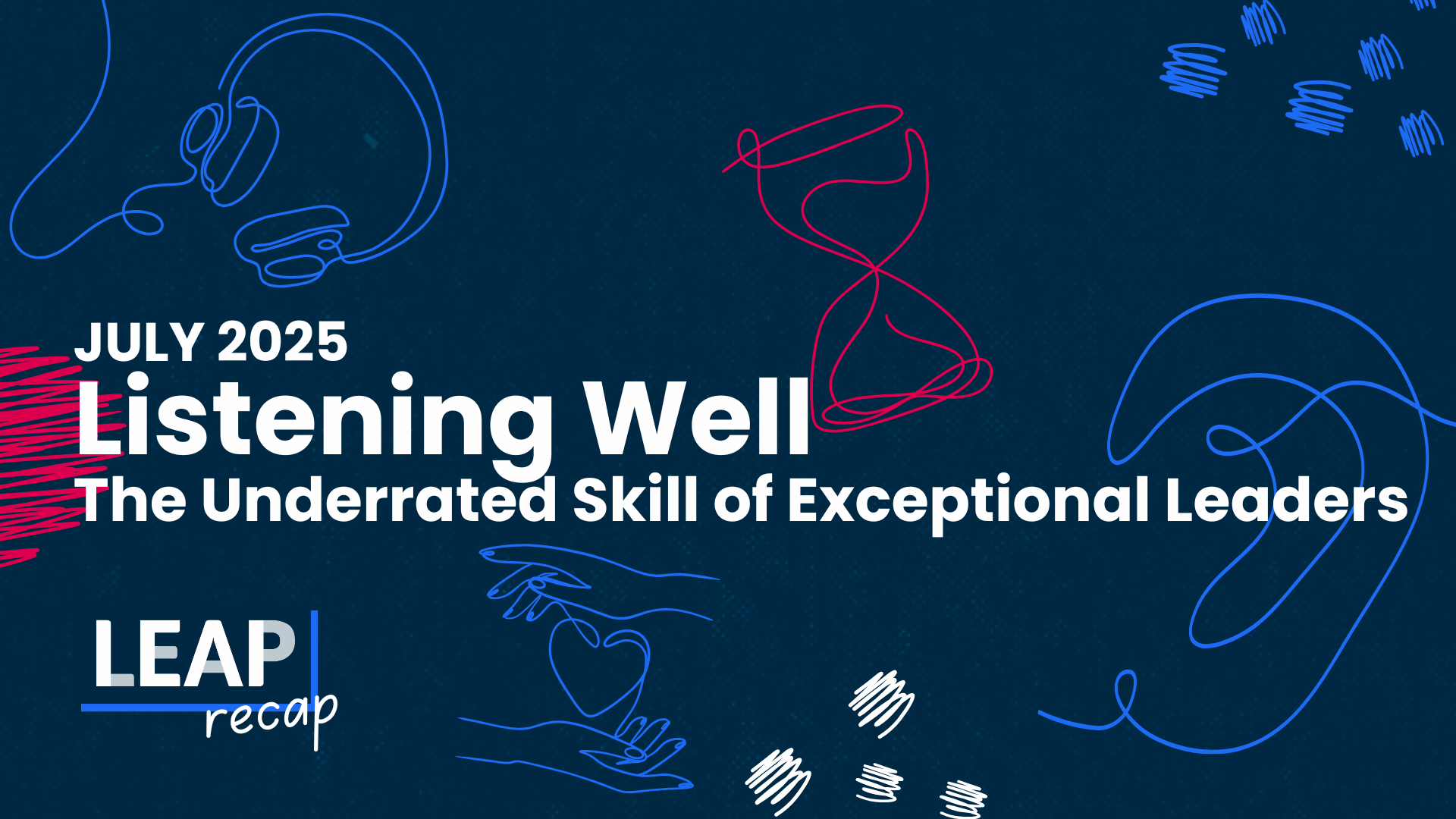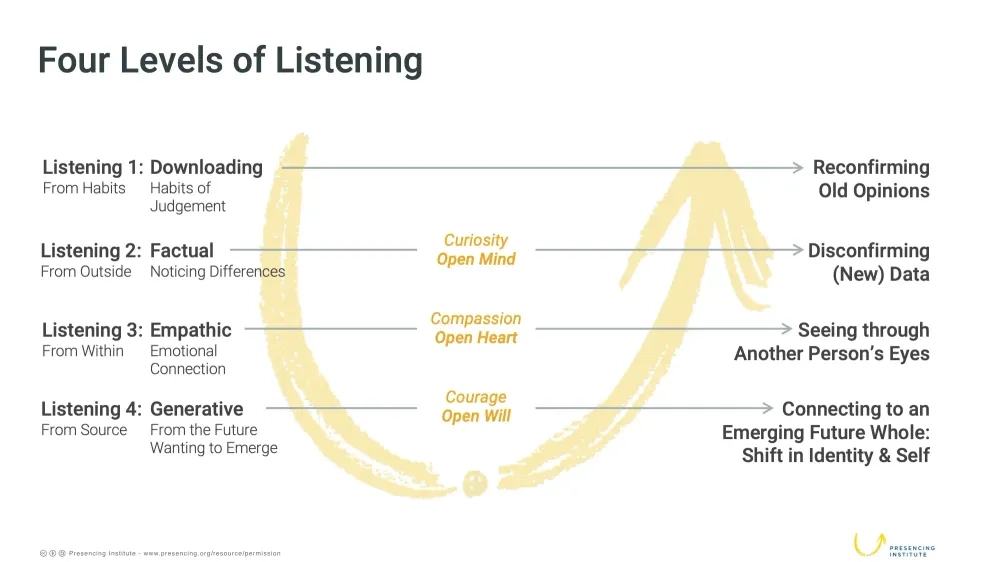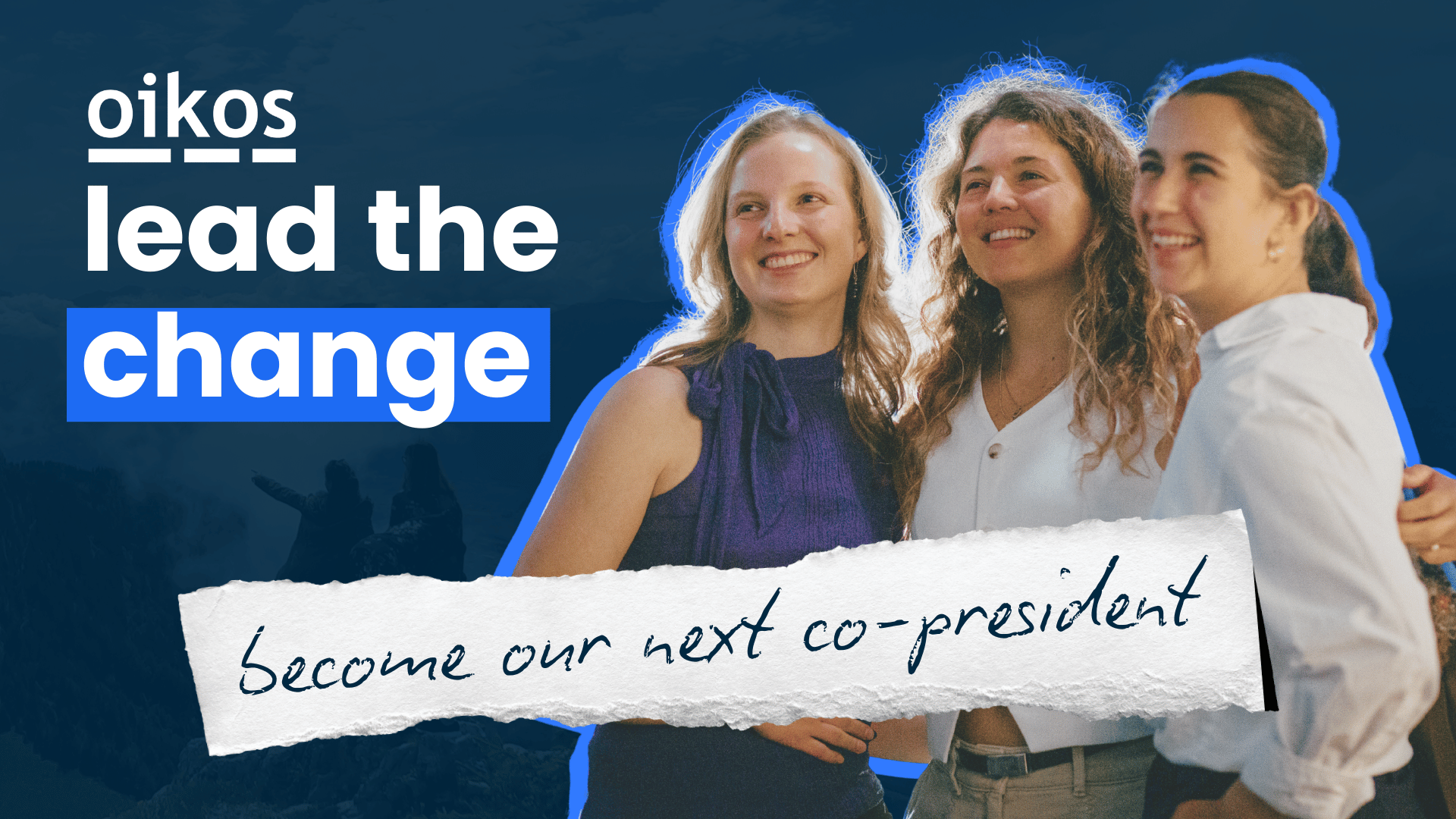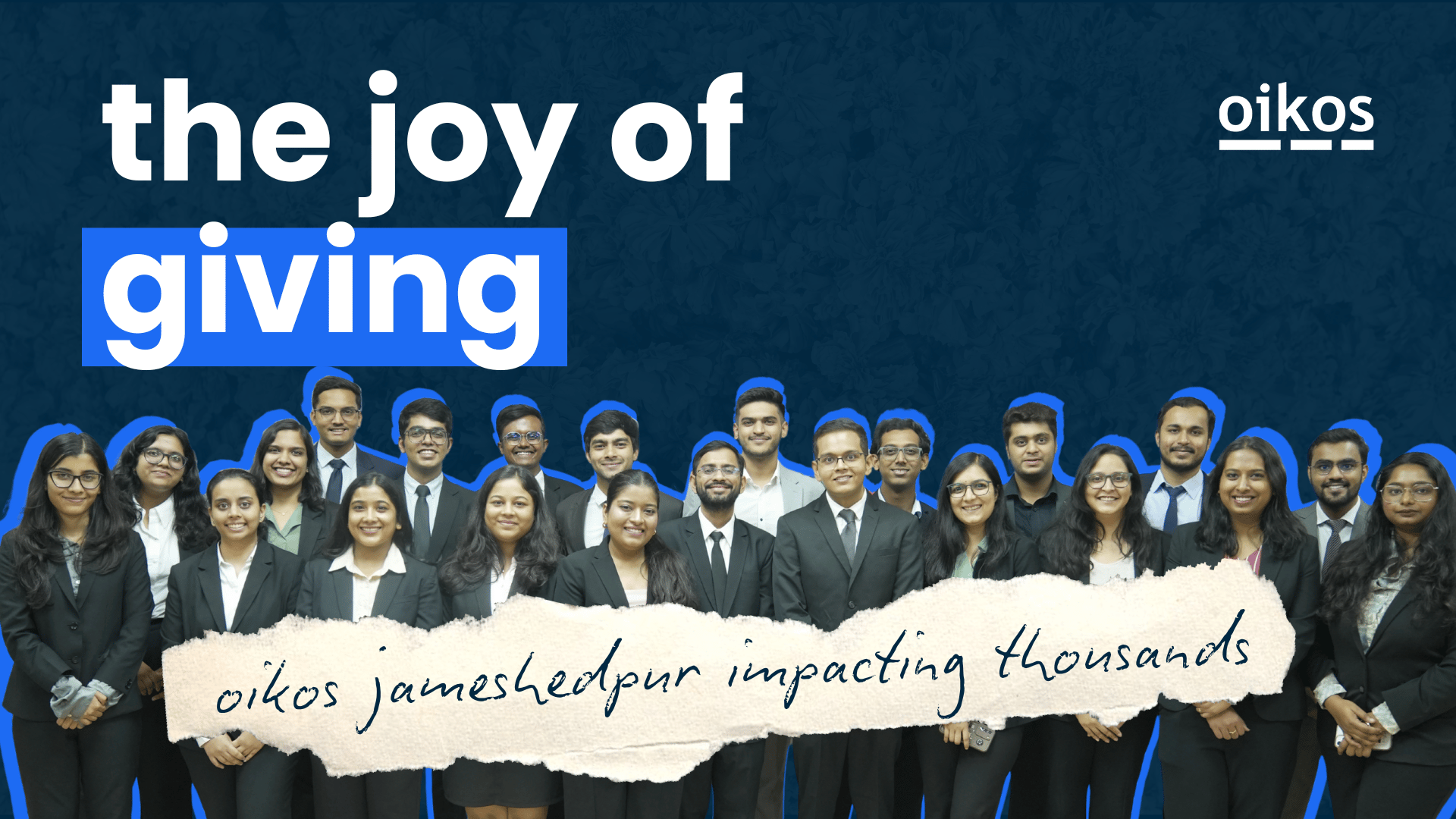
Communication is one of the most important leadership skills. It is a skill that everyone can master, provided they understand what it really means to communicate. To most people, speaking may first come to mind as the core of communication. However, listening is equally, if not an even more important aspect of it. Good leadership means not only conveying your message to others, but also the capacity to listen and, as a result, be able to better perceive what is said.
This requires more than just listening – active listening is usually underrated, yet an incredibly important skill. It means embracing silence, reserving your judgments, and controlling the impulse to budge in, instead giving full attention to the speaker and what they’re saying. Through focusing only on the stories told, their value is elevated, as well as our capacity to understand the nuanced elements and see deeper beyond the surface level.
More than just listening
The LEAP workshop in July was created around the capacity building for active listening. Through simple yet impactful exercises, participants were introduced to the concept and given the space to practice. Understanding what it means to listen actively requires first understanding what it means to listen at all and how different levels of listening shape our reception.
For many participants, this was new, but they eagerly reflected on their own levels of listening in the moment. One of them wrote: “I heard the levels of listening for the first time, but I connected with the concept and it totally made sense. So definitely level 3 for me!”. The simplicity of the concept truly came to the fore, as it’s seemingly one of those things that we are all familiar with, yet going deeper into it brings up exciting revelations. As another participant realized: “Yes I practice all of them, but never knew such classified types.”
To put the active listening skills to the test, participants were paired up for an exercise. One of the two had the space to share a story of a moment that made them feel alive, while the other listened with attention and without interrupting. Finally, the active listener briefly paraphrased the story in order to show the level of understanding.

What it means to listen actively
Participants shared a strong sense of engagement and appreciation for the meaningful exchange of experiences during the exercise. Their responses highlighted several emotional layers, from warmth and support to feelings of exposure and connection through active listening. Overall, their feedback revealed a deep understanding of the importance of empathy in communication and the value of being fully present in discussions.
It emphasized the benefits of sharing meaningful experiences without the distractions of small talk. This fostered deeper connections between them and resonated with their desire for authentic interaction. Through the exercise, participants also experienced listening as a form of engagement. Simply listening without interrupting creates silence. This silence does not mean indifference from the listener, but rather deeper emotional resonance and connection between the speaker and the listener, which enhances mutual understanding and the overall quality of the conversation.
The listening exercise was followed by an embodiment practice, in which we explored breathing techniques to cultivate breath awareness. This directly supports the LEAP Competency of Emotional Self-Regulation. By consciously connecting with our breath, we can influence our nervous system and gain valuable insight into our present state. The practice also helped develop body awareness, which is essential for staying grounded, present, and able to truly listen—both to ourselves and to others. Finally, participants were given space in groups of three to share their personal commitments on how they can improve their listening skills and where they would like to use them more, but also once again practice by actively listening to others in their groups sharing theirs.
The final reflection
After finalizing the workshop for the day, we gave space to participants to reflect on their experiences and what they learnt from it. Both as speakers and as listeners, they felt a difference compared to their usual experiences. Not only did it mean a better understanding of what’s being said, but also brought up the pleasant feeling of being heard.
Many of them reflected on our everyday lives where a deeper connection is often lacking, whether that can be attributed to cultural circumstances or is simply the many distractions in our modern lives. Actively listening and creating deeper connections with others can help us flourish both individually and as a society and is closely tied with achieving the sustainable development goals.
This workshop was an adapted version for an online setting. If you wish to read about the in-person one we hosted as part of the Urban Future 2025 conference, check out this article!





